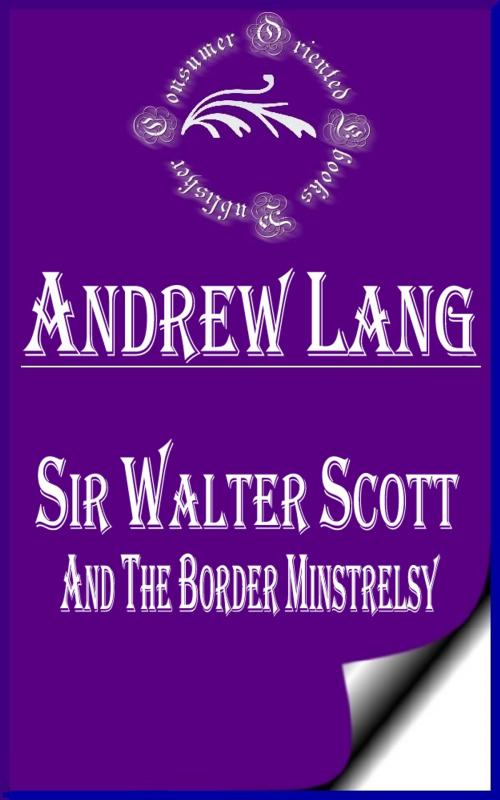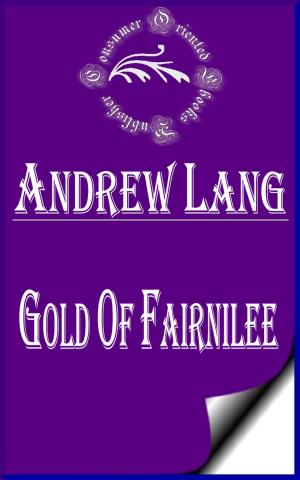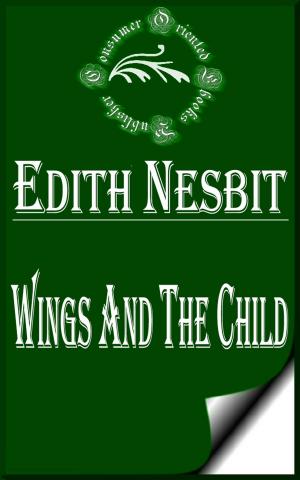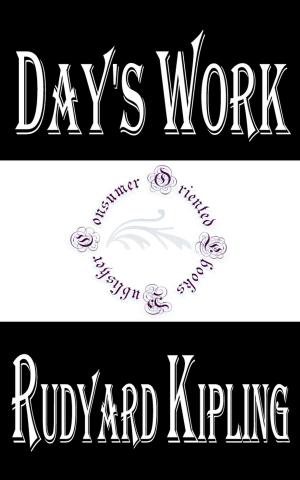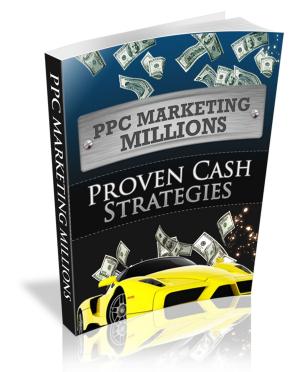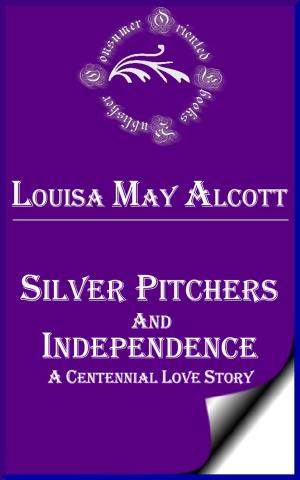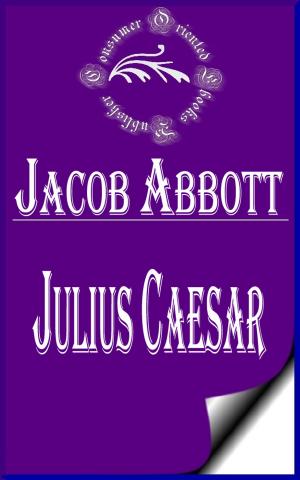Sir Walter Scott and the Border Minstrelsy (Annotated)
Fiction & Literature, Literary Theory & Criticism, Poetry History & Criticism, European, Biography & Memoir, Historical| Author: | Andrew Lang | ISBN: | 1230000249133 |
| Publisher: | Consumer Oriented Ebooks Publisher | Publication: | June 30, 2014 |
| Imprint: | Language: | English |
| Author: | Andrew Lang |
| ISBN: | 1230000249133 |
| Publisher: | Consumer Oriented Ebooks Publisher |
| Publication: | June 30, 2014 |
| Imprint: | |
| Language: | English |
*This Book is annotated (it contains a detailed biography of the author).
*An active Table of Contents has been added by the publisher for a better customer experience.
*This book has been checked and corrected for spelling errors.
Persons not much interested in, or cognisant of, "antiquarian old
womanries," as Sir Walter called them, may ask "what all the pother
is about," in this little tractate. On my side it is "about" the
veracity of Sir Walter Scott. He has been suspected of helping to
compose, and of issuing as a genuine antique, a ballad, Auld
Maitland. He also wrote about the ballad, as a thing obtained from
recitation, to two friends and fellow-antiquaries. If to Scott's
knowledge it was a modern imitation, Sir Walter deliberately lied.
He did not: he did obtain the whole ballad from Hogg, who got it
from recitation--as I believe, and try to prove, and as Scott
certainly believed. The facts in the case exist in published works,
and in manuscript letters of Ritson to Scott, and Hogg to Scott, and
in the original MS. of the song, with a note by Hogg to Laidlaw. If
we are interested in the truth about the matter, we ought at least to
read the very accessible material before bringing charges against the
Sheriff and the Shepherd of Ettrick.
Whether Auld Maitland be a good or a bad ballad is not part of the
question. It was a favourite of mine in childhood, and I agree with
Scott in thinking that it has strong dramatic situations. If it is a
bad ballad, such as many people could compose, then it is not by Sir
Walter.
*This Book is annotated (it contains a detailed biography of the author).
*An active Table of Contents has been added by the publisher for a better customer experience.
*This book has been checked and corrected for spelling errors.
Persons not much interested in, or cognisant of, "antiquarian old
womanries," as Sir Walter called them, may ask "what all the pother
is about," in this little tractate. On my side it is "about" the
veracity of Sir Walter Scott. He has been suspected of helping to
compose, and of issuing as a genuine antique, a ballad, Auld
Maitland. He also wrote about the ballad, as a thing obtained from
recitation, to two friends and fellow-antiquaries. If to Scott's
knowledge it was a modern imitation, Sir Walter deliberately lied.
He did not: he did obtain the whole ballad from Hogg, who got it
from recitation--as I believe, and try to prove, and as Scott
certainly believed. The facts in the case exist in published works,
and in manuscript letters of Ritson to Scott, and Hogg to Scott, and
in the original MS. of the song, with a note by Hogg to Laidlaw. If
we are interested in the truth about the matter, we ought at least to
read the very accessible material before bringing charges against the
Sheriff and the Shepherd of Ettrick.
Whether Auld Maitland be a good or a bad ballad is not part of the
question. It was a favourite of mine in childhood, and I agree with
Scott in thinking that it has strong dramatic situations. If it is a
bad ballad, such as many people could compose, then it is not by Sir
Walter.
